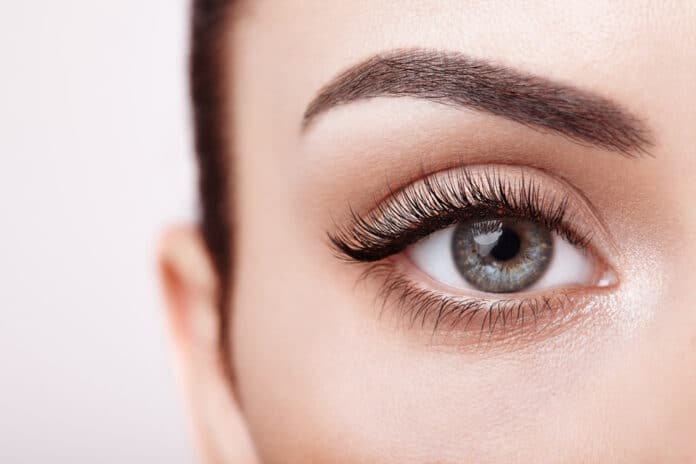
Like it or not, your eye color is one of the most constant parts of your life. Once you’re born with it, the color remains the same until you die unless you have severe eye defects such as cataracts and glaucoma.
But if you really want to change your eye color, there are three common ways you can do that.
Contact Lenses
These are the most common ways to change your eye color. They’re also temporary, so you can do it as often as you like.
There are generally three types of lenses, and they are opaque lenses, enhancement lenses, and visibility lenses. The fourth type is the decorative lens, which people mostly use for makeup and costume. However, many of them are not approved by the U.S. FDA, which is Food and Drug Administration.
The American Optometric Association suggests receiving a prescription before purchasing cosmetic lenses. Contact lenses are considered medical products by the FDA and may only be purchased with a prescription in the United States.
Opaque lenses are not see-through. They’re great for people who initially have darker eye colors but want them to appear lighter in the same or another color. They can change their eye color altogether.
Enhancement lenses, on the other hand, are see-through but also solid. They make your iris pop around the edges and can make your eyes look unique.
Lastly, visibility lenses don’t dramatically change your eyes in any way. Instead, they come with flecks of blue or green that can accentuate the natural color of your eyes.
Iris Implant Surgery
If you want to change your eye color permanently, you can get this option in some countries. The origin of this technique can be traced back to traumatic eye injury treatments. To achieve this eye color change, the doctor will make a tiny incision in the cornea and implant a folded silicone replacement iris into the opening. The replacement iris is folded from under the cornea and placed over the natural iris.
It’s a delicate process, but many people use it for aesthetic purposes. The downside is that it has a lot of side effects.
Studies say that people who have undergone this surgery for cosmetic reasons are very likely to experience complications. They stand the risk of having serious eye defects such as glaucoma, cataracts, vision loss, and cornea injury.



















